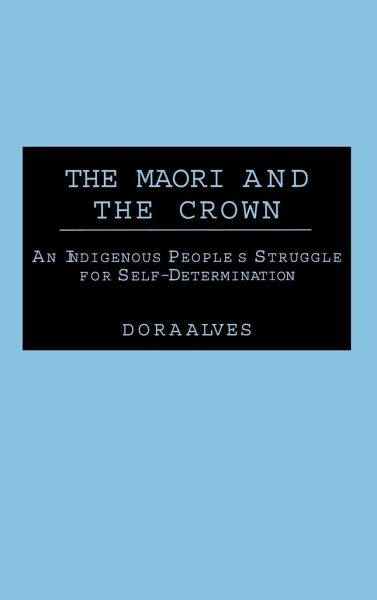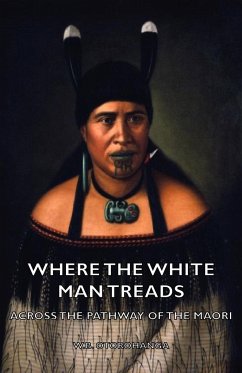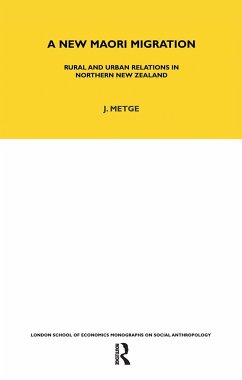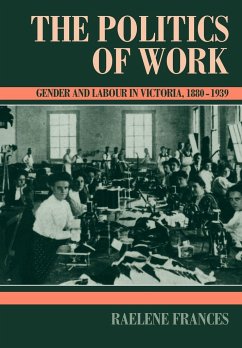
The Maori and the Crown
An Indigenous People's Struggle for Self-Determination
Versandkostenfrei!
Versandfertig in 1-2 Wochen
87,99 €
inkl. MwSt.

PAYBACK Punkte
44 °P sammeln!
When early explorers and settlers arrived in New Zealand, they found the islands already populated by the Polynesian Maori people. This account details the interaction between the Maori leaders and the British Crown from first contact to New Zealand's eventual autonomy. As settlers outnumbered Maori, the struggle for land resulted in war and confiscations, and Maori loss of land and traditional lifestyle was accompanied by widespread ill health. It would be well into the twentieth century before the Crown would have to address promises made to the Maori in the 1840 Treaty of Waitangi, and the ...
When early explorers and settlers arrived in New Zealand, they found the islands already populated by the Polynesian Maori people. This account details the interaction between the Maori leaders and the British Crown from first contact to New Zealand's eventual autonomy. As settlers outnumbered Maori, the struggle for land resulted in war and confiscations, and Maori loss of land and traditional lifestyle was accompanied by widespread ill health. It would be well into the twentieth century before the Crown would have to address promises made to the Maori in the 1840 Treaty of Waitangi, and the resulting efforts of the Waitangi Tribunal would forever change Maori relations with the Pakeha (New Zealanders of European descent). During recent decades, both groups have come to understand the complexity of the situation in New Zealand. The Pakeha have learned Maori sentiments regarding forests, flora, and language; and the Maori have come to realize that today's Pakeha should not be penalized by attempts at redress. The Maori have gradually acquired a larger role in dealing with their own affairs and addressing social inequalities, and recent electoral changes have resulted in a stronger Maori voice in Parliament. While serious tension remains and some Pakeha argue for one law for all, steps have been taken toward more harmonious relations.












